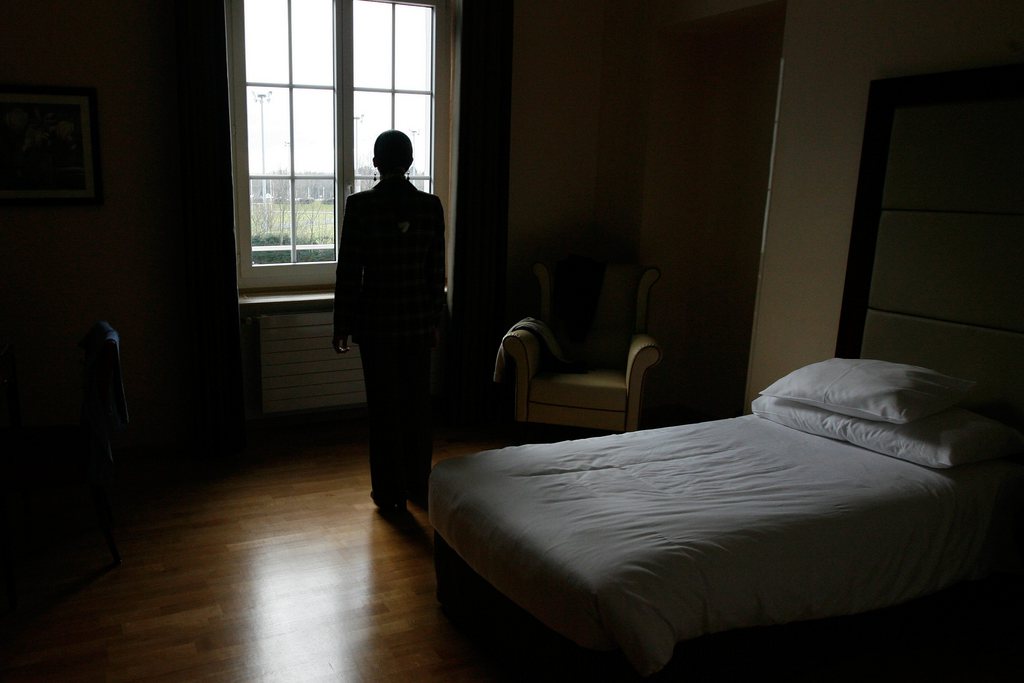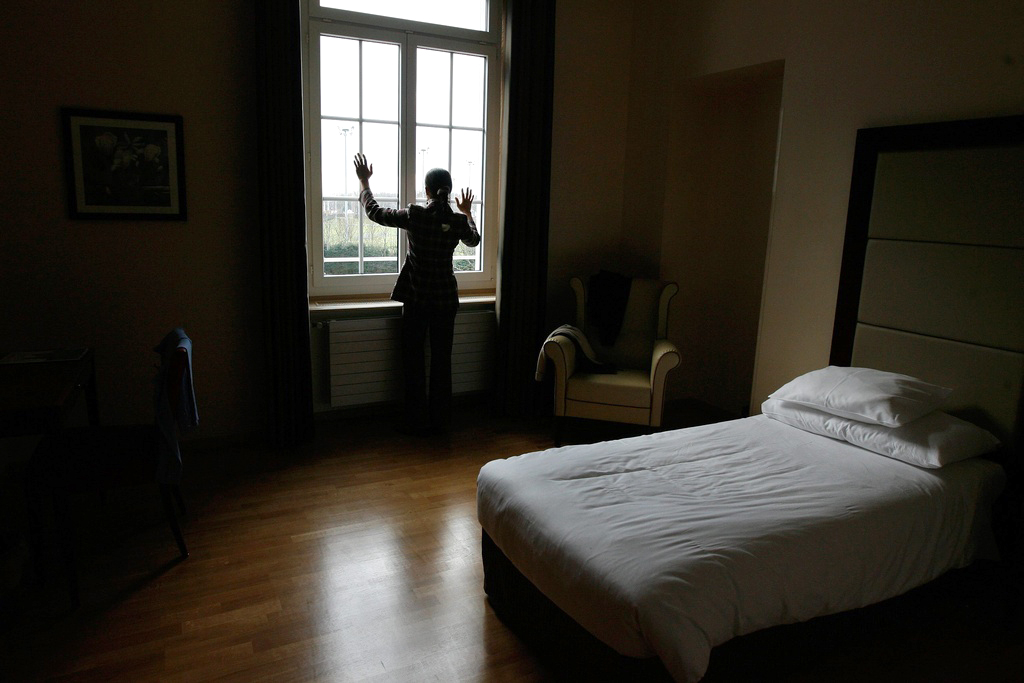Even minor depression affects everyday life

Minor depression, which is widespread in Switzerland, should not be underestimated: those affected are often unfit for work, less productive and suffer from physical complaints, which affect their everyday lives says a report issued on Monday.
While symptoms of deeper depression are relatively rare, affecting three per cent of the population, milder symptoms including loss of energy, sleep disorders and loss of appetite affect about 16 per cent of the Swiss, according to an analysis by the Swiss Health Observatory and regional service provider Psychiatrie Baselland.
The authors of the study, led by Niklas Baer, head of psychiatric rehabilitation at Psychiatrie Baselland, warn that minor symptoms should not be neglected.
“Symptoms should be treated at an early stage, as mild depression may be a harbinger of a severe depression or another disorder and because it affects a large group of people,” the report says.
People suffering from depression are more likely to be single, the analysis shows. They tend to have fewer social contacts, often feel lonely and isolated, and do not know people they can really trust.
Left untreated
The symptoms of depression not only make them more likely to suffer from back pain or sleeping disorders, they also affect people’s jobs. They have problems at work, suffer from stress and usually end up earning less.
“People suffering from depression are subject to enormous pressure at work, either because they often work in stressful environments or because they already perceive their work more negatively because of their disorder,” the report points out.
Because of the social stigma, only one person in every two who suffers from depression will actually seek treatment, and “usually only once the social and profession disintegration has taken its toll”.
Milder forms of depression, which are often left untreated, cost the economy an estimated CHF11 billion ($12 billion) every year. Depression not only lowers productivity and increases absenteeism, but belated treatment also increases the costs overall, the analysis shows.
In a comment published as part of the report, Theodor Cahn, an independent psychiatrist, says the disease should be treated more effectively.
“You cannot remove depression and psychiatric disorders, but you can lessen the burden and prevent individual course of diseases,” he writes in his comment. He points out that depression is a complex disease, which cannot be dealt with the same way as a simple infection.

In compliance with the JTI standards
More: SWI swissinfo.ch certified by the Journalism Trust Initiative



You can find an overview of ongoing debates with our journalists here. Please join us!
If you want to start a conversation about a topic raised in this article or want to report factual errors, email us at english@swissinfo.ch.